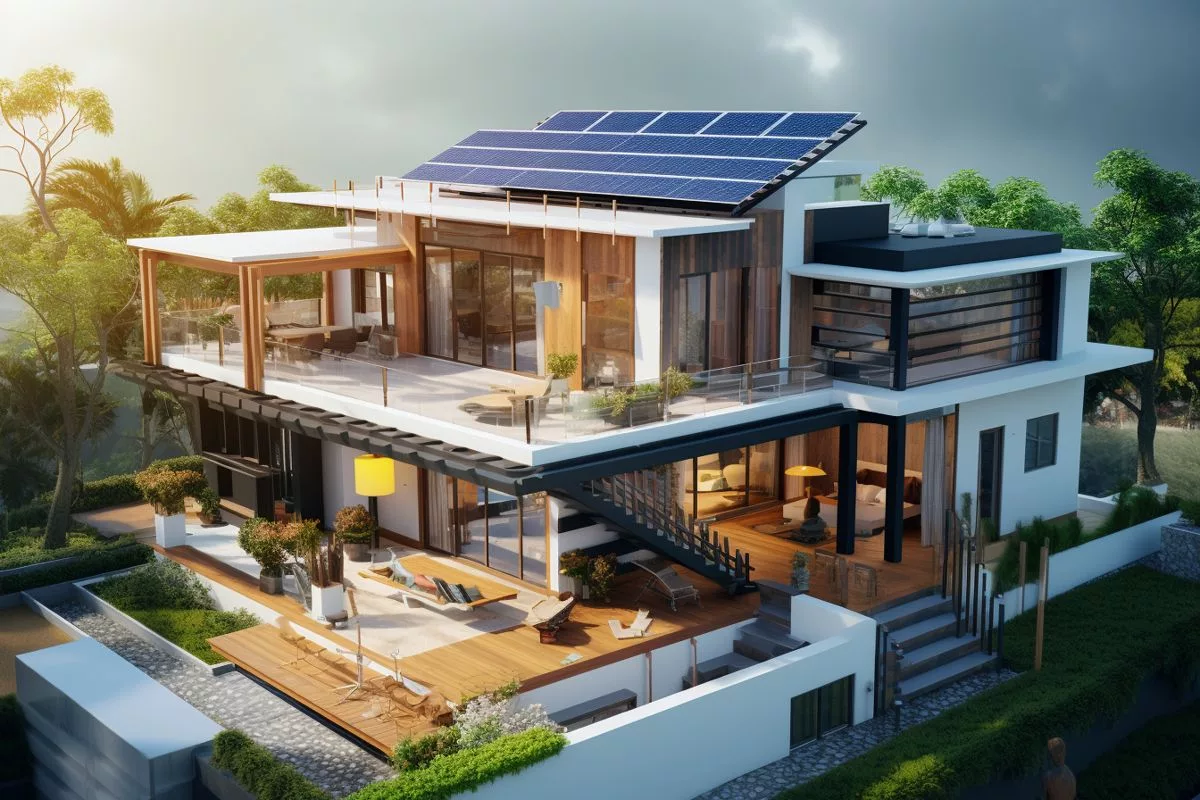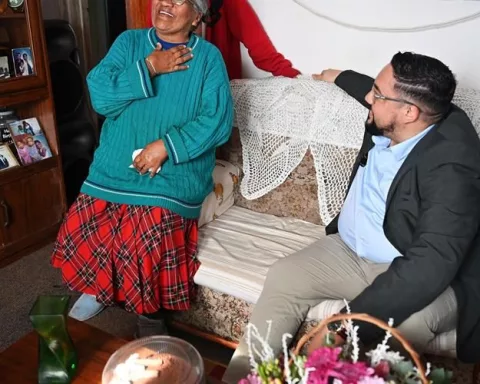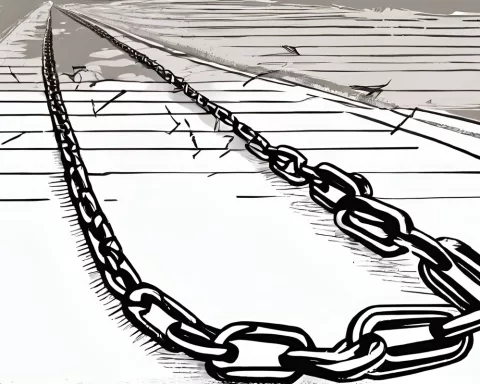Affordable housing in Africa, particularly in South Africa, faces challenges such as slow economic growth, high unemployment rates, and a lack of affordable options. Financing for low-income families also remains difficult to secure. However, the South African government has launched programs such as the First Home Finance (FHF) program and social housing to bridge the funding gap. The Human Settlements Development Bank is also being formed to promote private sector funding, while transitioning to innovative building technologies is critical for addressing climate change and energy challenges. While significant progress has been made, the housing shortage remains severe, and the government pledges to continue working on sustainable solutions.
What are the challenges of affordable housing in Africa, particularly in South Africa?
Factors such as slow economic growth, high unemployment rates, and swift urbanization contribute to immense pressure on the housing sector in South Africa. A dearth of affordable housing options and well-placed land are major factors in the housing crisis. Financing for low-income families remains difficult to secure, with over 54.8% of mortgage finance applications being denied in the first quarter of 2023/2024. The “Gap Housing Market,” which serves households with incomes that disqualify them from both government subsidies and mortgage loans, demands particular focus.
A Growing Demand for Affordable Housing in Africa
The need for affordable housing across the African continent is at an all-time high, as more people search for safe and comfortable homes. The 39th Annual Conference of the African Union for Housing Finance (AUHF) underscored the importance of addressing this pressing issue and examining practical solutions to close the housing gap.
Ms. Pam Tshwete, Deputy Minister of Human Settlements, spoke at the conference in Windhoek, Namibia, emphasizing regional collaboration as a key to solving the housing crisis. She praised the AUHF for gathering crucial stakeholders to exchange experiences and investigate novel methods for delivering affordable housing.
South Africa’s Struggle with Affordable Housing
South Africa’s affordable housing market faces substantial obstacles. Factors such as slow economic growth, high unemployment rates, and swift urbanization contribute to immense pressure on the housing sector. The “Gap Housing Market,” which serves households with incomes that disqualify them from both government subsidies and mortgage loans, demands particular focus.
A dearth of affordable housing options and well-placed land are major factors in South Africa’s housing crisis. Furthermore, financing for low-income families remains difficult to secure. In the first quarter of 2023/2024, over 54.8% of mortgage finance applications were denied, with the majority of approvals granted to households considerably above the Gap Housing income threshold.
Bridging the Funding Gap
The South African Government has launched a First Home Finance (FHF) program that provides one-time housing subsidies to qualified recipients, enabling them to affordably purchase or construct their first home. The government also subsidizes a social housing program, offering quality rental accommodations for households earning a monthly income between R1,850 and R22,000.
Transforming the Affordable Housing Landscape
The Human Settlements Development Bank (HSDB) is in the process of being formed in South Africa, aiming to promote private sector funding and introduce credit-linked products and instruments to support the affordable housing market. The bank seeks to strengthen partnerships and collaborations with institutions throughout Africa, including Nigeria’s Mortgage Refinance Company, Tanzania’s Mortgage Refinance Company, and Egypt’s Social Housing and Mortgage Finance Fund.
Additionally, the government has transferred the Government Employees Housing Scheme (GEHS) to the National Housing Finance Corporation. GEHS is an employee benefit program that provides housing access support to government workers, ensuring they have access to affordable housing finance options.
A Commitment to Change
The South African Government pledges to transform the housing sector, with all departmental agencies required to deliver on transformation goals. These objectives center on allocating funds to black-owned businesses and supporting enterprises owned by women, youth, and people with disabilities.
Climate Change and Innovative Building Technologies
Transitioning to alternative renewable energy sources and implementing Innovative Building Technologies (IBTs) are critical for addressing climate change and energy challenges in South Africa. Subsidized housing units are now designed with energy efficiency in mind, including solar panel installations.
Significant Progress and Looking to the Future
The 2022 Census data revealed considerable advancements in South African housing, with approximately 88.5% of households now living in formal dwellings, compared to 77.6% in 2011. Since 1994, a total of 3.5 million housing units and 1.3 million serviced sites have been delivered, equating to an expenditure of over R281 billion.
Nevertheless, the housing shortage remains severe, as 2.3 million people are registered on the Department’s Housing Needs Register. The First Home Finance (FHF) Program is well-positioned to tackle the affordable housing market’s challenges, including non-mortgage products and addressing communal land tenure issues.
In summary, the 39th Annual Conference of the African Union for Housing Finance provided a forum for experts and stakeholders to exchange ideas and develop innovative solutions to address the affordable housing challenges throughout the continent. The South African Government is dedicated to working closely with other African nations to devise sustainable solutions that will benefit all.
1. What are the challenges of affordable housing in Africa, particularly in South Africa?
The challenges of affordable housing in Africa, particularly in South Africa, include slow economic growth, high unemployment rates, swift urbanization, a dearth of affordable housing options, and a lack of well-placed land. Financing for low-income families remains difficult to secure, with a particular focus on the “Gap Housing Market.”
2. What is the 39th Annual Conference of the African Union for Housing Finance (AUHF)?
The 39th Annual Conference of the African Union for Housing Finance (AUHF) is an event that brings together experts and stakeholders to exchange ideas and develop innovative solutions to address the affordable housing challenges throughout the continent.
3. What was emphasized by Ms. Pam Tshwete at the AUHF conference?
Ms. Pam Tshwete, Deputy Minister of Human Settlements, spoke at the conference in Windhoek, Namibia, emphasizing regional collaboration as a key to solving the housing crisis. She praised the AUHF for gathering crucial stakeholders to exchange experiences and investigate novel methods for delivering affordable housing.
4. What is the First Home Finance (FHF) program in South Africa?
The South African Government has launched a First Home Finance (FHF) program that provides one-time housing subsidies to qualified recipients, enabling them to affordably purchase or construct their first home.
5. What is the social housing program in South Africa?
The South African Government also subsidizes a social housing program, offering quality rental accommodations for households earning a monthly income between R1,850 and R22,000.
6. What is the Human Settlements Development Bank (HSDB) in South Africa?
The Human Settlements Development Bank (HSDB) is in the process of being formed in South Africa, aiming to promote private sector funding and introduce credit-linked products and instruments to support the affordable housing market. The bank seeks to strengthen partnerships and collaborations with institutions throughout Africa.
7. What is the Government Employees Housing Scheme (GEHS) in South Africa?
The Government Employees Housing Scheme (GEHS) is an employee benefit program that provides housing access support to government workers, ensuring they have access to affordable housing finance options.
8. What is the South African Government’s commitment to change in the housing sector?
The South African Government pledges to transform the housing sector, with all departmental agencies required to deliver on transformation goals. These objectives center on allocating funds to black-owned businesses and supporting enterprises owned by women, youth, and people with disabilities.








